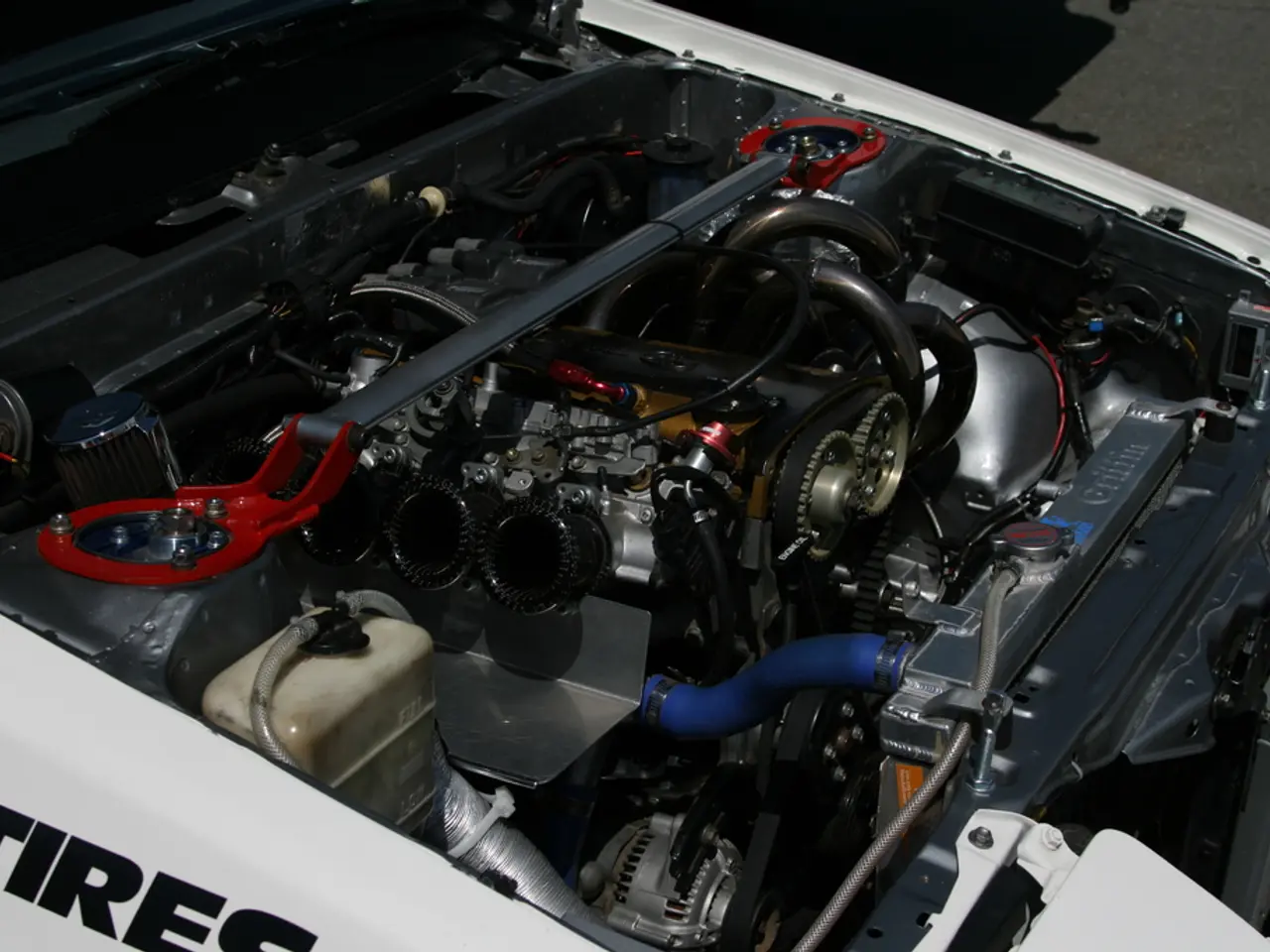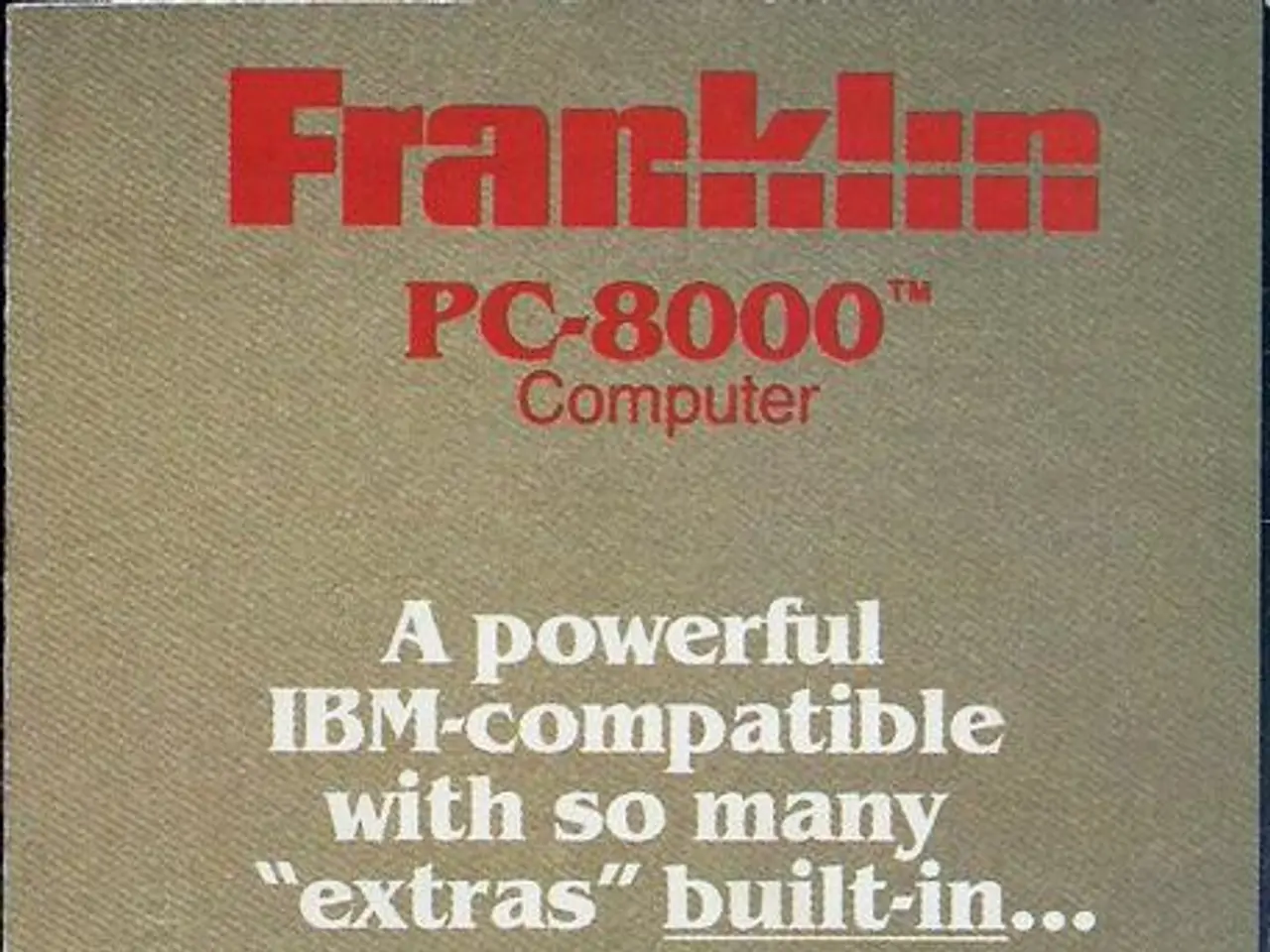Energy company Farasis, supported by Mercedes-Benz, initiates the pilot manufacturing of solid-state batteries, with a production line of 0.2 gigawatt-hours scheduled for completion by the end of the year.
Farasis Energy, a leading battery manufacturer with backing from Geely, Togg, Mercedes-Benz, and others, has entered the pilot production phase of its sulfide-based solid-state batteries as of mid-2025. The company's pilot production line, boasting a design capacity of 0.2 GWh, is expected to be completed by the end of 2025.
The technology behind these solid-state batteries focuses on sulfide-based solid electrolytes combined with high-nickel cathodes and high-silicon or lithium metal anodes, aiming for an energy density exceeding 400 Wh/kg. These cells have been tested in real-world conditions and have demonstrated stable cycling performance and robust safety features, including resistance to puncture, shear, and heat, as well as integrated thermal runaway shutdown systems.
Beyond the pilot phase, Farasis intends to scale solid-state battery production to gigawatt-hour (GWh) levels in 2026, signaling a shift to full industrialization within a year after pilot production begins. There is also rising interest from electric vehicle manufacturers beyond its existing partners, prompting plans for broader sample deliveries and partnership expansion.
Mercedes-Benz holds a strategic stake in Farasis (3% since 2020), aligning with their long-term commitment to advanced battery technology for electric vehicles. Farasis currently supplies batteries for Mercedes models like the EQE and EQS and is pushing forward on next-generation solid-state battery tech that could notably enhance EV performance and safety by replacing traditional liquid electrolytes with solid sulfide compounds.
In summary, Farasis Energy's pilot production of sulfide-based solid-state batteries marks a significant step forward in the development of advanced EV batteries. With ambitious scaling goals and a premium automaker partner, Farasis is well-positioned to lead the charge in this exciting field.
| Aspect | Details | |----------------------------|-------------------------------------------------------------------------------------------------| | Pilot production | Started in 2025, 0.2 GWh line completion by end of 2025 | | Battery type | Sulfide-based solid-state batteries | | Technology specifics | High-nickel cathode, high-silicon/lithium-metal anode, energy density >400 Wh/kg | | Safety features | Thermal runaway shutdown, tests against puncture, shear, heat | | Sample deliveries | 60Ah cells to strategic partners, expanding to more EV manufacturers | | Scaling plans | Gigawatt-hour scale industrialization planned for 2026 | | Strategic partnership | Mercedes-Benz with 3% stake since 2020, supplied batteries to EQE and EQS EV models |
[1] Farasis Energy Press Release, "Farasis Energy Starts Solid-State Battery Pilot Production," [Date], [URL] [2] Geely Press Release, "Geely Invests in Farasis Energy to Accelerate Solid-State Battery Technology," [Date], [URL] [3] Mercedes-Benz Press Release, "Mercedes-Benz and Farasis Energy Collaborate on Solid-State Battery Technology," [Date], [URL] [4] Togg Press Release, "Togg Invests in Farasis Energy to Advance Solid-State Battery Technology," [Date], [URL]
- The technology sector is witnessing significant advancements in battery technology, as evidenced by Farasis Energy's entry into the finance sector to fund their piloting of energy-efficient sulfide-based solid-state batteries within the industry.
- With ambitious plans to scale solid-state battery production to gigawatt-hour levels in 2026, Farasis Energy is likely to attract more partnerships from technology-driven electric vehicle manufacturers, potentially disrupting the current energy landscape.




